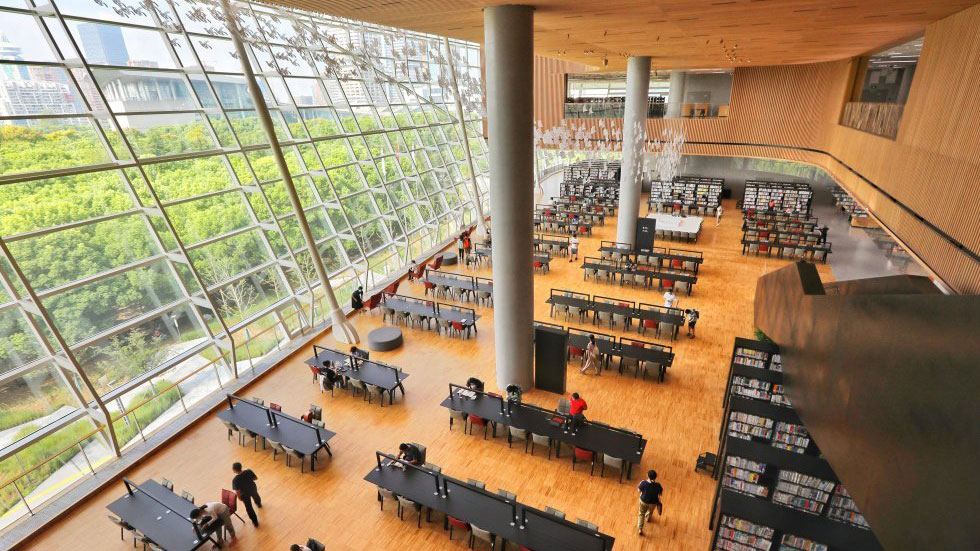Uygur musical heritage brings wealth to folk artists

Sulayman Abdu (3rd L) rehearses with other folk artists at his residence in Muqam Village, Lukqun Town, Shanshan County, northwest China's Xinjiang Uygur Autonomous Region, Jan. 11, 2023. (Xinhua/Zhao Ge)
URUMQI, Feb. 28 (Xinhua) -- The grape farmer Sulayman Abdu was not idle before the busy spring plowing.
The 61-year-old Muqam musician in Lukqun Town, northwest China's Xinjiang Uygur Autonomous Region, got his hands full with performance appointments from his fellow villagers last winter.
"Farming with grapes makes me rich, while Muqam brings me spiritual wealth. I appreciate them both," Abdu said.
Muqam, a traditional art of the Uygur ethnic group in Xinjiang, integrates songs, dances, and folk and classical music. In 2005, the Xinjiang Uygur Muqam Arts of China was approved by UNESCO as a "Masterpiece of the Oral and Intangible Heritage of Humanity."
The Xinjiang Uygur Muqam has developed four main regional styles -- the Twelve Muqam, Dolan Muqam, Turpan Muqam, and Hami Muqam.
Abdu, a member of the Muqam inheritance center in the town, and other Muqam artists often rehearse in his house, where the music, the passionate sound of hand drums, and cheerful songs and dances attract the villagers to stop and watch.
According to Abdu, it has been an age-long custom for locals to watch Muqam performances on occasions of celebration and gathering.
As the Spring Festival approached, all kinds of celebration activities increased in the village. Since the beginning of last winter, Abdu has received more than 20 invitations to perform.
"I was happy to play for the villagers, and they liked it," said Abdu.
Among the many Muqam instruments, Abdu's favorite is the satar (a stringed instrument), which he first picked up at 16 while learning from his master. His partner Mamat Yusup, 51, who often plays with Abdu, prefers to play the tanbur (another stringed instrument).
"Because its sound can reach the heart," Yusup said.
All these Muqam players are from villages in Xinjiang. They are ordinary farmers at harvest time but popular folk artists during the slack farming season. When the Uygur music starts, they seem to become different people.
Compared with the older generation of Muqam artists, the life of Abdu and his peers has changed dramatically. As an inheritor of intangible cultural heritage at the autonomous region level, Abdu got a government subsidy of 4,800 yuan (about 689.93 U.S. dollars) a year.
Muqam also gave Abdu the chance to perform in big cities like Beijing and Shanghai. With only a high school diploma, he sent his three children to college. Now his eldest son works in Shanghai and bought him a car in 2019.
"Our generation of folk artists have better living conditions and more spiritual pursuits," said Abdu, adding that the most important thing in learning Muqam is responsibility. "It is not easy for these ancient arts to be passed down to us. We must keep this spiritual wealth."
This year, Abdu wants to rehearse more Muqam pieces, which were not often performed before, with members of the Muqam inheritance center, to bring better performances to the villagers.
Meanwhile, Abdu said he would hold a Muqam training course at the inheritance center to attract more young students to experience the charm of Muqam.
As of June 2021, Xinjiang had 4,640 projects of intangible cultural heritage. Of these, 96 projects have been included in the national list of intangible cultural heritage, while three are on the UNESCO list: the Uygur Muqam of Xinjiang, Manas, and Meshrep.
Photos
Related Stories
Copyright © 2023 People's Daily Online. All Rights Reserved.









